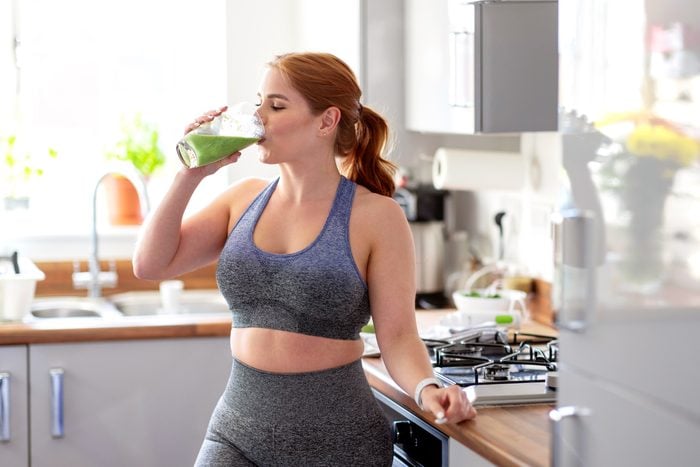
For something we do every day, eating can feel complicated. Especially when you’re in the constant pursuit of a healthy diet. You might have heard that you should eat more fiber and less sodium, but who has time to add up all the grams and micrograms? You can use the familiar plate-shaped guide from the U.S. Department of Agriculture, but it’s not very specific. And if you’re a fan of food tracking apps (which really can be great), well, logging each snack isn’t always as simple as it sounds. After all, bananas don’t come with an easy-to-scan label to enter their nutritional info.
So how do you know if you’re giving your body the nutrients you need? “Most people who eat a well-balanced eating plan that includes a variety of nutritious foods from all of the food groups will not need to be worried about nutritional deficiencies,” said Theresa Gentile, MS, RDN, CDN, and national spokesperson for the Academy of Nutrition and Dietetics.
Some guidelines Gentile recommends for eating a variety of nutritious foods include:
- Filling half your plate at any given meal with fruits and vegetables
- Focusing on whole fruits rather than their sauced or juiced counterparts
- Varying the veggies, so you get a variety of nutrients and don’t have to eat the same old salad every day
- Making half your grains whole. That means rice, quinoa, popcorn, and whole wheat bread as opposed to white bread or your local bakery’s finest pastries
- Eating a variety of protein foods like beans, fish, and lean meats
- Choosing low-fat or fat-free dairy or dairy alternatives
If you follow these tips, you might be getting all the nutrients you need—but it’s still important to stay tuned in to the signs your body is sending about your diet. To help, Gentile shared the top ways your body tells you it’s content with how you’re nourishing yourself.
Get The Healthy @Reader’s Digest newsletter
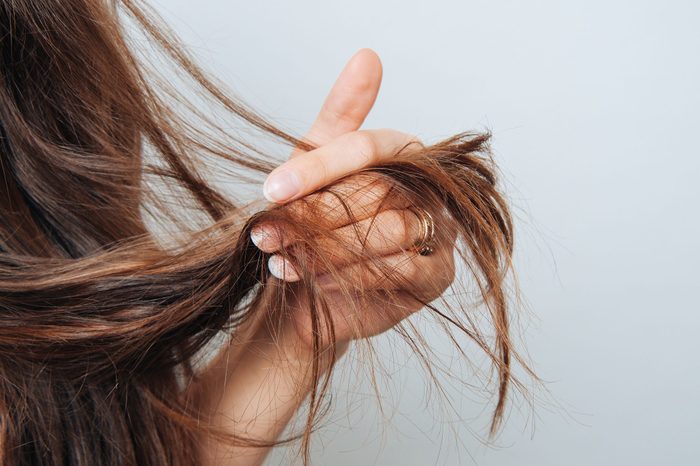
Your hair is luscious and shiny
Shiny hair can be one sign of health and vitality for a reason. So if your hair is looking luscious, you’re probably feeding it well with a healthy diet. Thinning hair or prematurely graying hair can sometimes be signs of vitamin deficiency, according to one 2019 dermatology study.
It’s normal to shed between 50 and 100 strands of hair a day, so don’t panic if you see some in the drain or on your pillow.

You have a decent amount of energy
The body turns food into energy. So while we all get a little worn down most days, a 2020 study suggested that if you generally have enough energy to power your usual activities, you’re probably getting the vitamins and minerals you need.
If overwhelming fatigue is an issue for you, talk to your doctor.
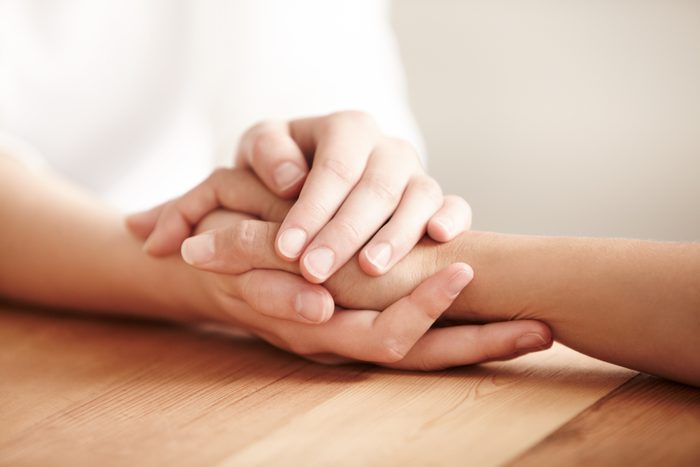
Healthy fingernails
A quick look at fingernails can reveal clues about your nutrition status. Smooth, strong nails indicate good nutrition. Nails with ridges, spoon-shaped divots and nails that crack easily can be signs of iron or B-vitamin deficiencies.
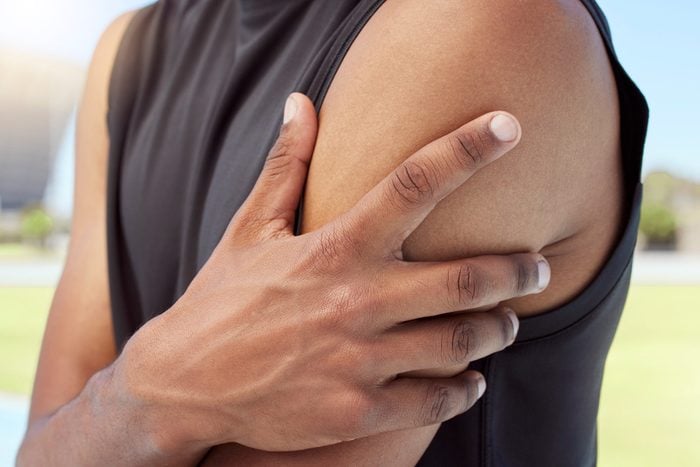
No unexplainable bruises
The body needs vitamin C and vitamin K to help heal injuries and clot blood. Without enough, you might find that you bruise easily. If your body is clear of purplish spots, it is probably getting the nutrition it needs.
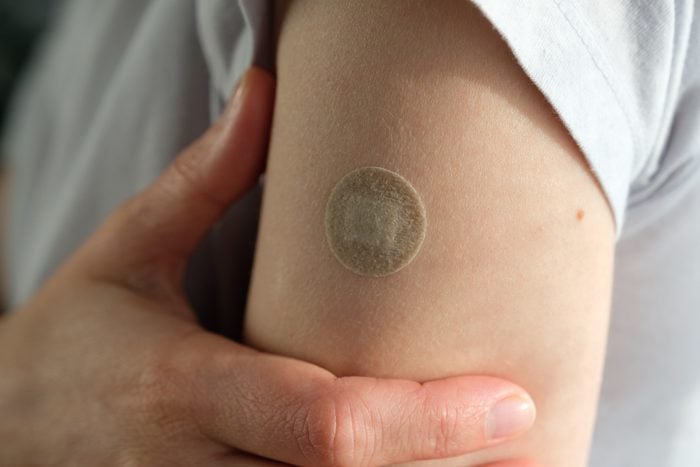
Minor cuts heal quickly
Several vitamins and minerals play a role in closing and healing cuts and scrapes. With a bandage to keep infection out, minor cuts should heal within about a week. If wounds seem to be healing quickly, your body is probably healthy.
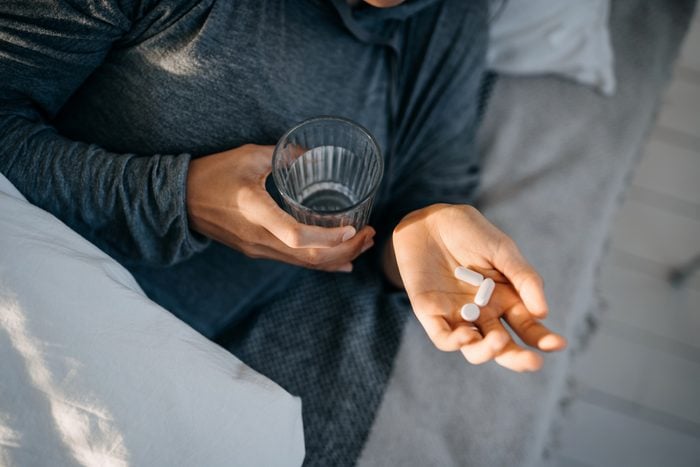
You can clear a virus
Good nutrition can’t stop a virus from getting in your body, but several vitamins and minerals do help support immune system function, so you can fight a cold. The Cleveland Clinic’s blog suggests that a typical cold should clear up in about a week, give or take a couple days.
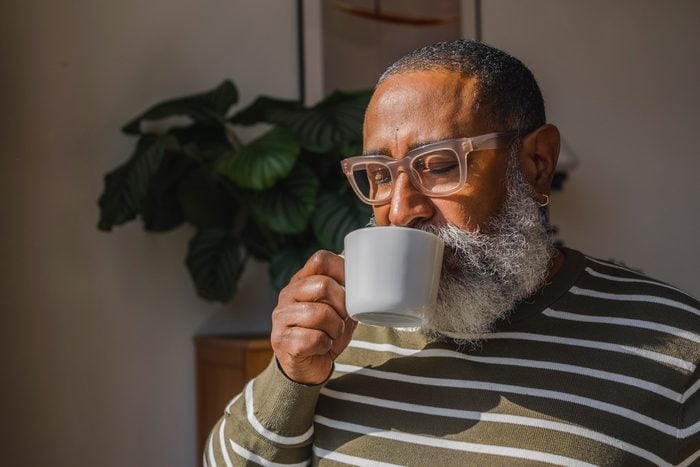
You feel pretty good
If, overall, your body feels good without a drastic, unexplained change in energy, you’re probably getting the nutrition you need with a healthy diet, Gentile says. But you know your body best. If you’re concerned about your nutrition, you could keep a food log to track your nutrients or talk to your doctor or a registered dietitian.
“Different age groups will have different nutrient needs,” Gentile said. “For example, teenagers should focus on increasing bone density with calcium-rich foods. Adults 60 years and older should focus on protein-rich foods to maintain bone strength and provide vitamin B12, as B12 deficiency increases with age.”
For more wellness updates, follow The Healthy on Facebook, Instagram, and Twitter. Keep reading:
- 4 Eating Habits That Are Damaging to Mental Health, a Dietitian Says
- These Are the Only 3 Skincare Products a Dermatologist Says We All Need
- Does Fizzy Water Make You Gassy? An Expert Weighs In
- Feeling Depressed? Change This One Common Habit, Says New Study
Editor’s Note: The Healthy @Reader’s Digest’s Medical Review Board member Latoya Julce notes that unprocessed fruit can raise sugar levels and cause a person to struggle losing weight, so it should be consumed in moderation. She adds that although popcorn is a healthy whole-grain snack, it is chock full of difficult-to-digest soluble fiber. The undigested particles can get caught in the diverticula of the intestines, irritating the digestive tract.

